ACReSAL, a World Bank-funded initiative, aims to restore one million hectares of degraded landscapes across Northern Nigeria. This crucial project addresses the intertwined challenges of land degradation, climate change, and food security, aiming to improve livelihoods and build resilience in vulnerable communities.
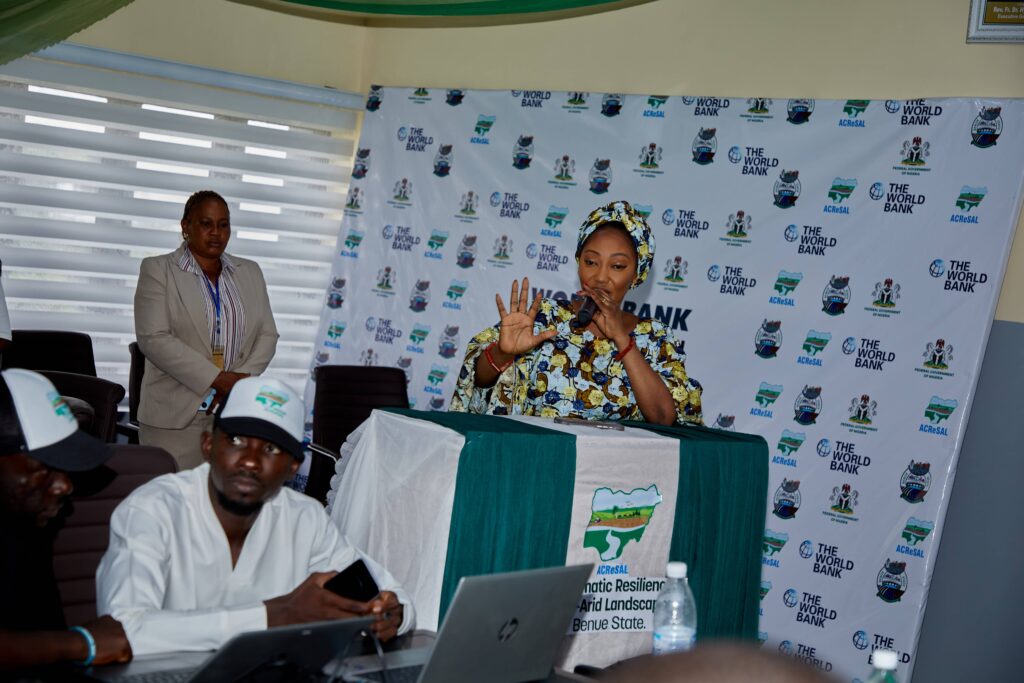
In her address, Dr. Iganya Joy Agene, the World Bank Team Leader, emphasized FAO’s vital role in supporting the ACReSAL project. “FAO’s role as technical partner to the ACReSAL Project is very important,” she stated, highlighting the organization’s expertise in sustainable land management, climate-smart agriculture, and community engagement. “The project aims at restoring one million hectares of degraded landscapes across Northern Nigeria, and the technical support from FAO is crucial for achieving this target.”
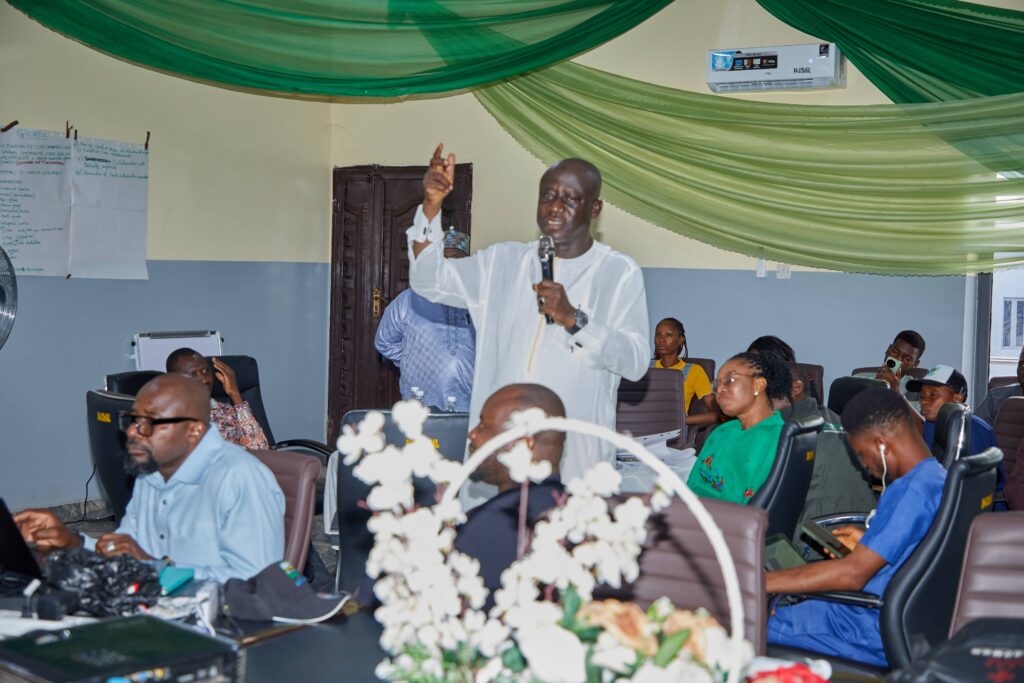
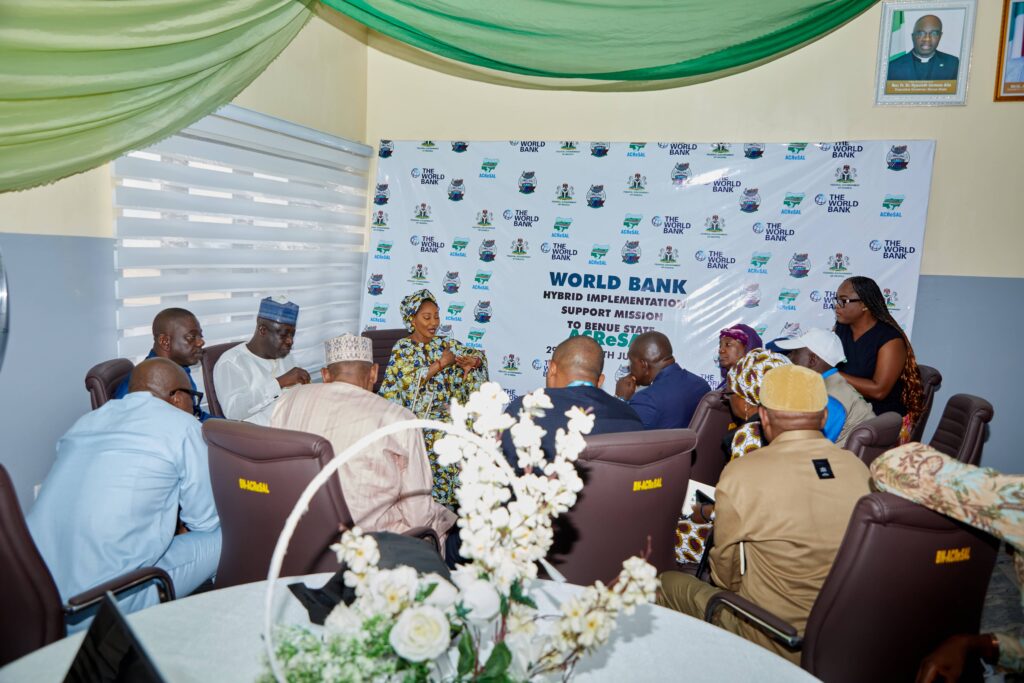
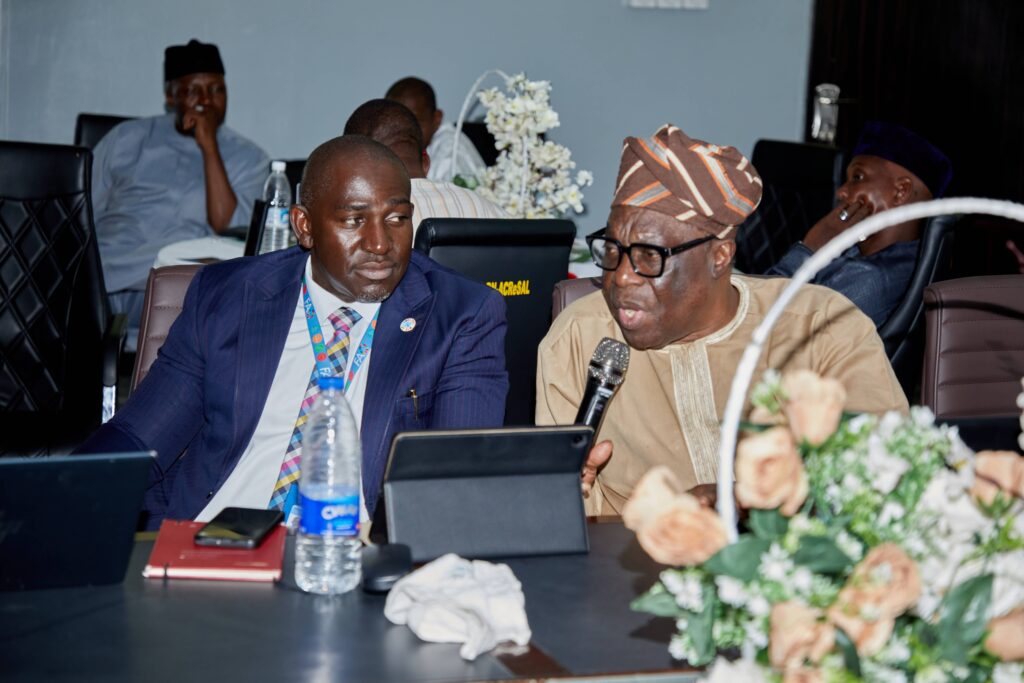
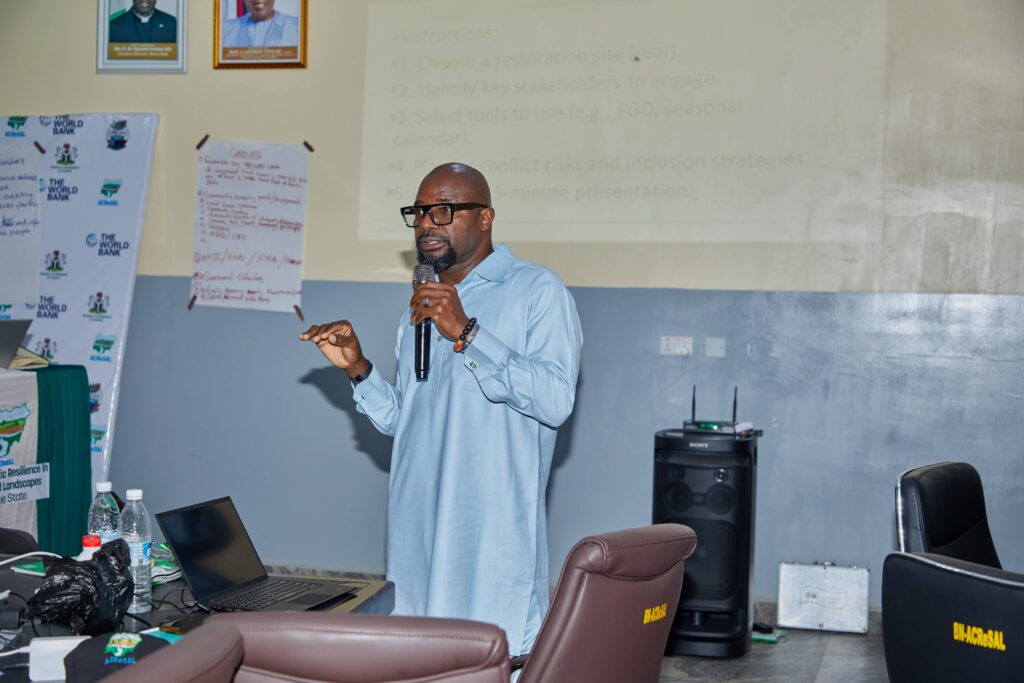
Dr. Agene also urged participating states to be active and pay attention to the training provided, emphasizing its long-term benefits. “I urge participating states to take the training provided seriously, as it will go a long way in assisting them in achieving the set target in their states,” she added.
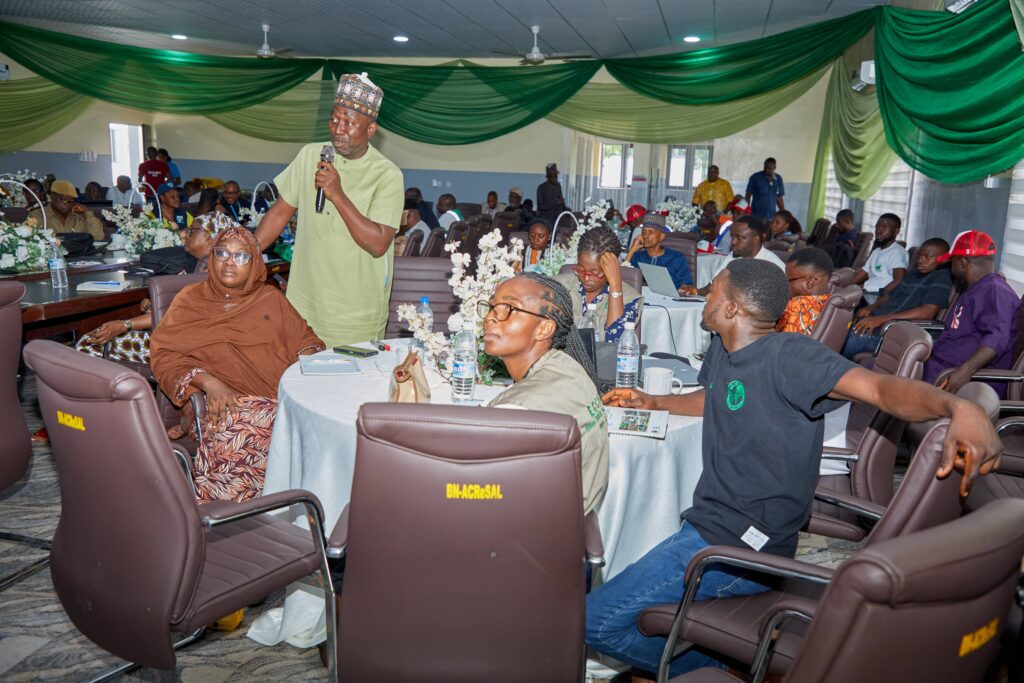
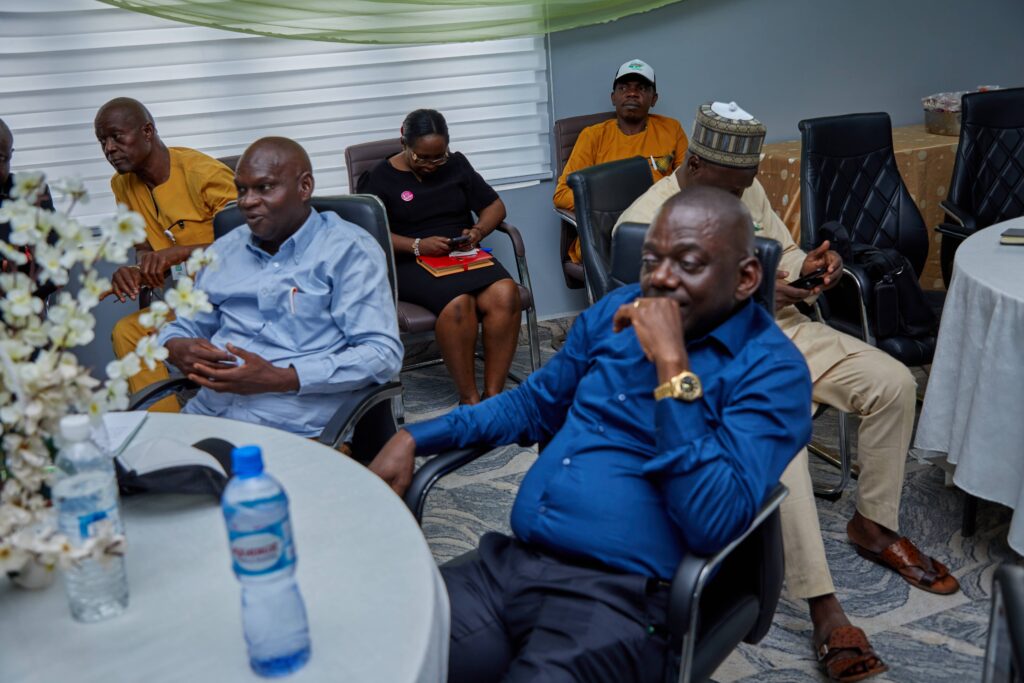
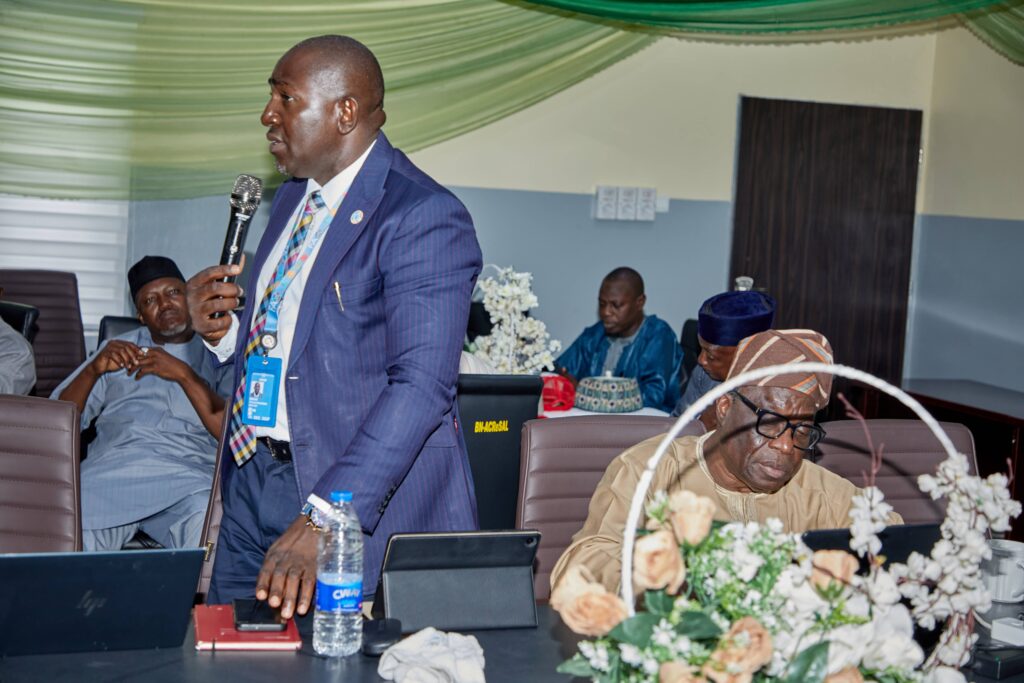
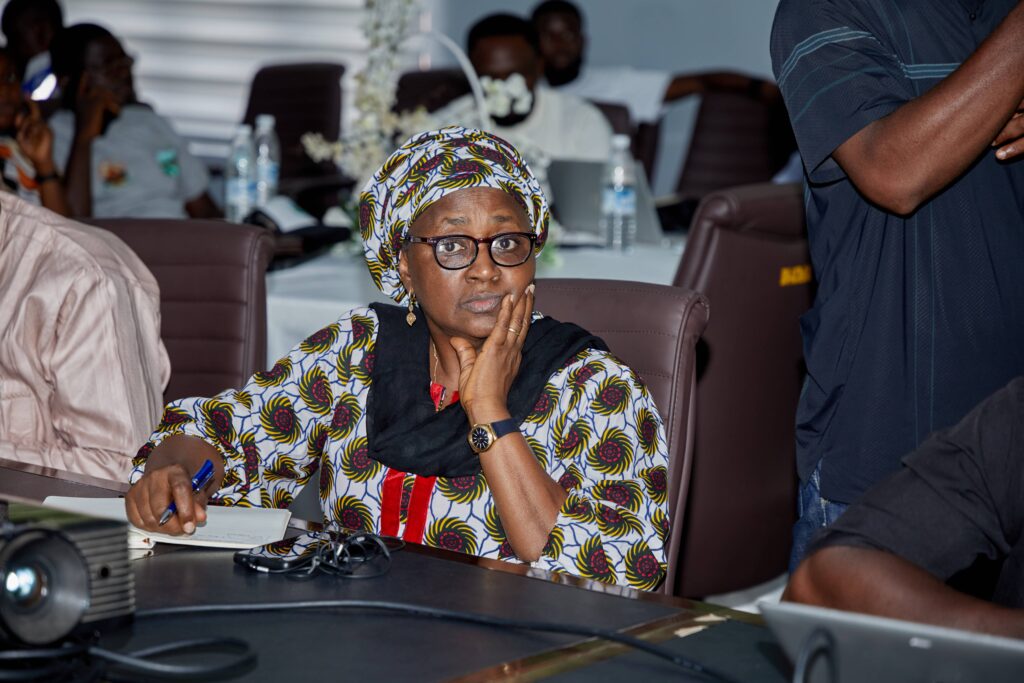
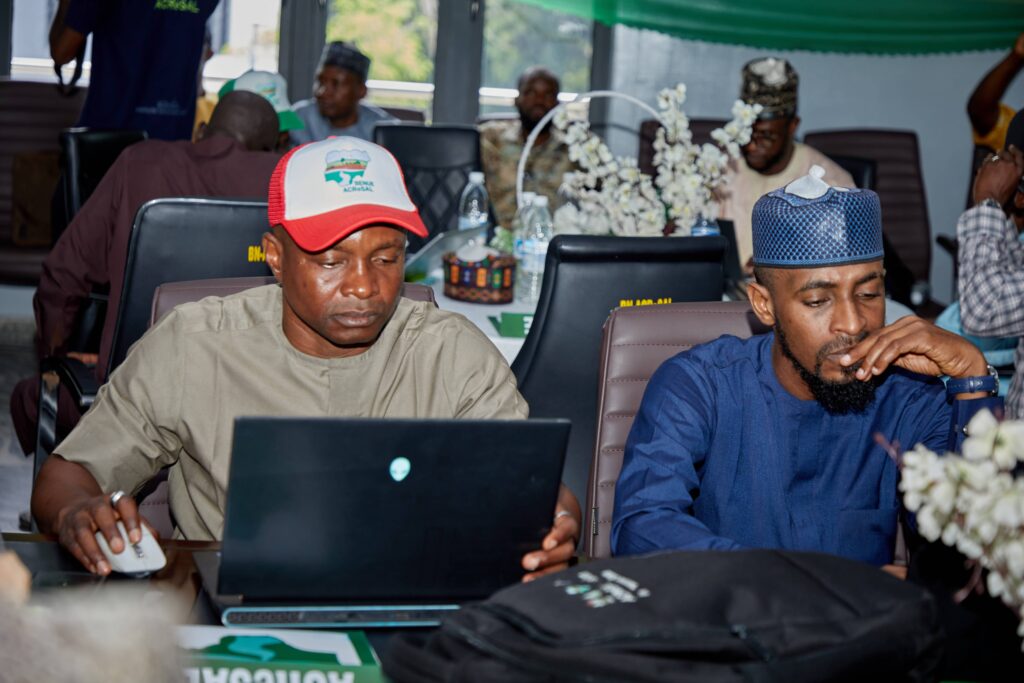
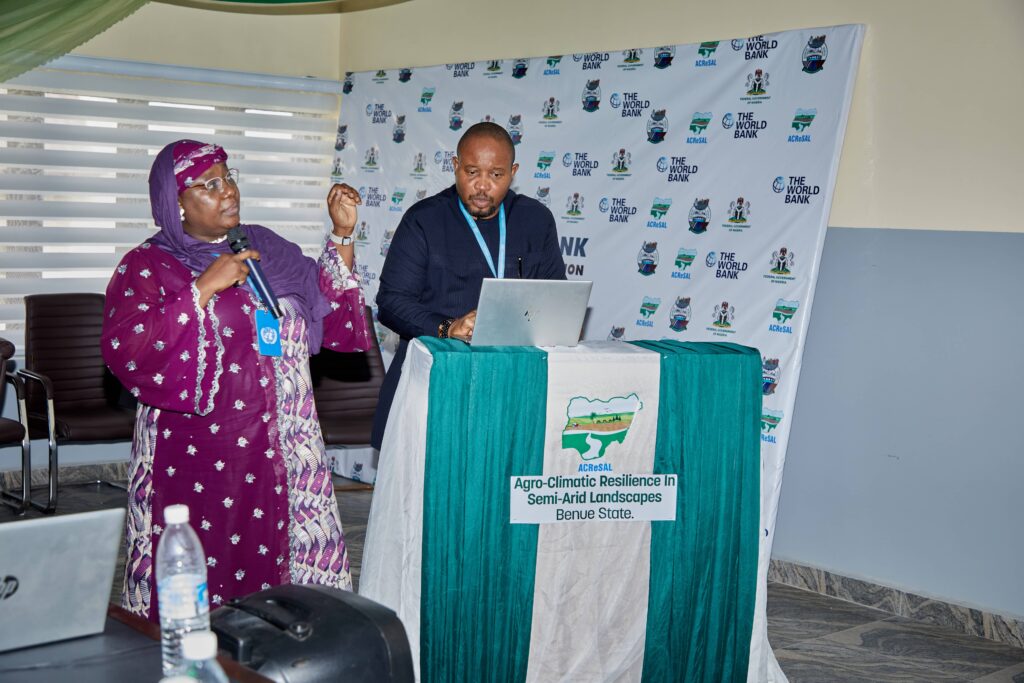
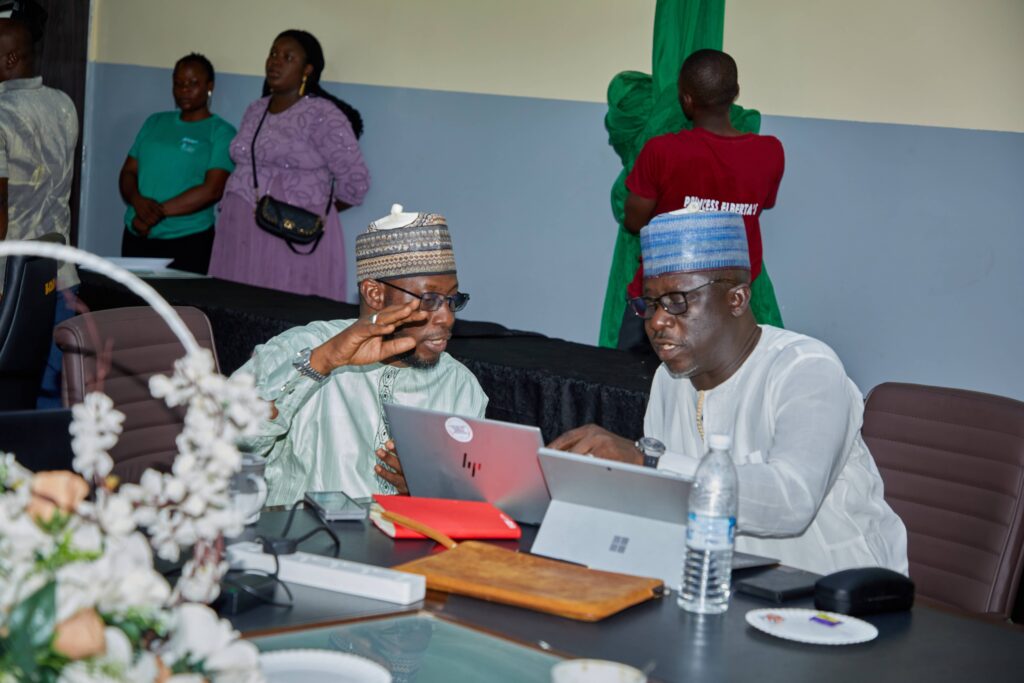
The National Project Coordinator, Abdulhamid Umar, echoed Dr. Agene’s sentiments, emphasizing the need for enhanced efforts. “States should make concerted efforts to restore more lands in their states as a result of the knowledge gained from FAO,” he stated, calling for a proactive approach to land restoration based on the newly acquired expertise.
The FAO team, led by Dr. Precious Agbesor, along with Bukisu Yakaka Maina and Dr. Chibuzo Andrew, delivered comprehensive presentations covering various aspects of sustainable land management and climate-resilient agriculture. These presentations formed the foundation for focused group discussions and interactive activities designed to enhance knowledge sharing and practical application. The training sessions covered a range of critical topics, including Community Engagement in Land Restoration- a Practical Learning Session with Case Studies and Non-Timber Forest Products (NTFP) Value Chain Mapping; Building Practical Skills for ACReSAL Land Restoration Implementation.
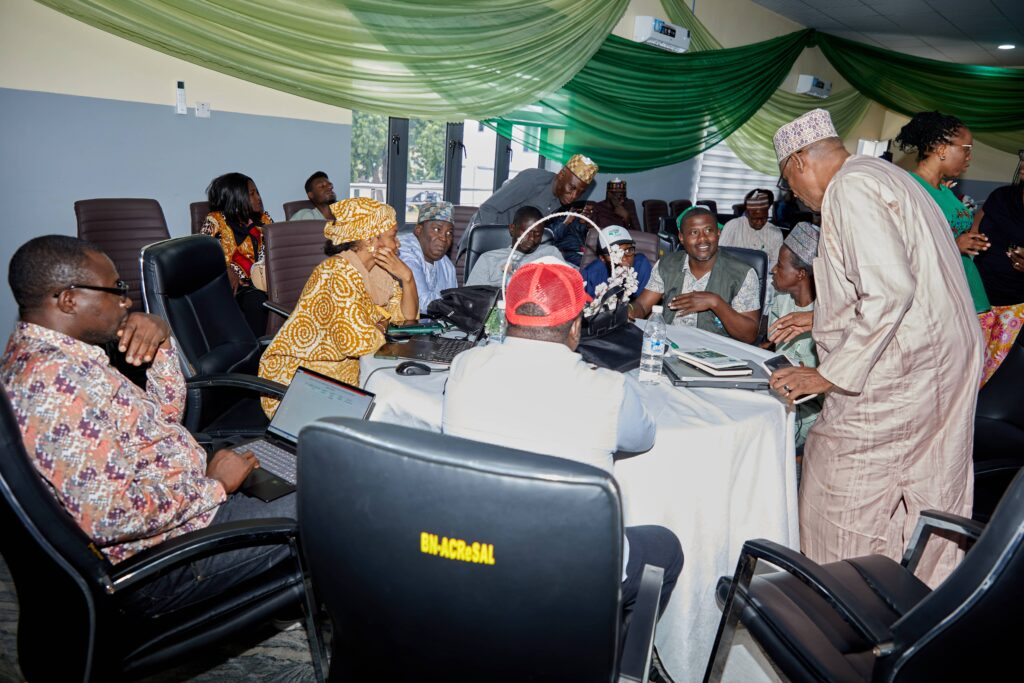
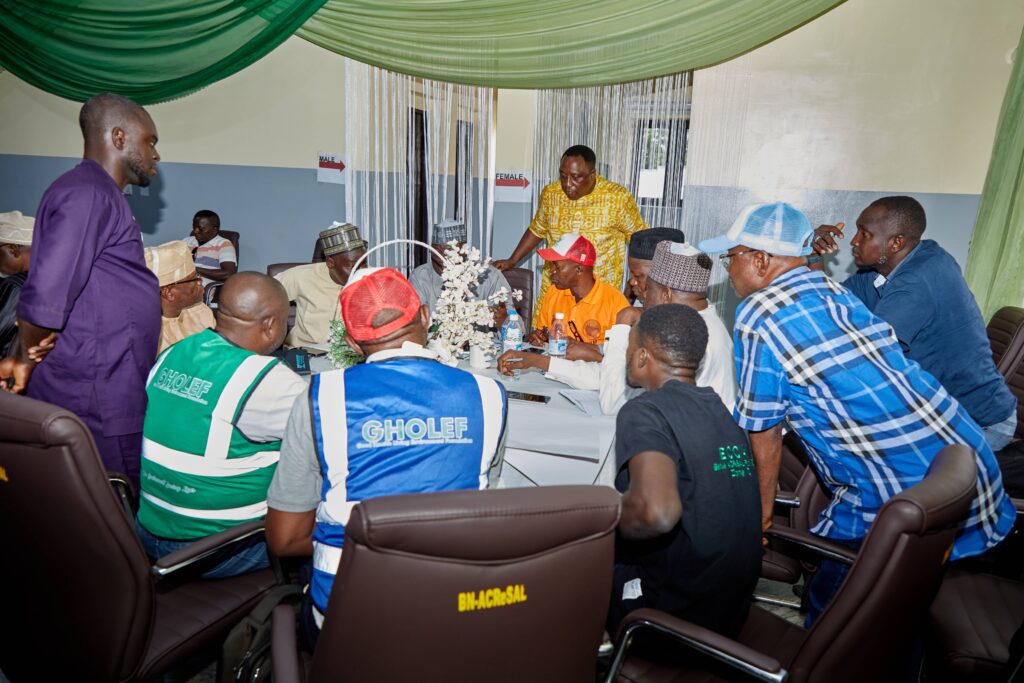
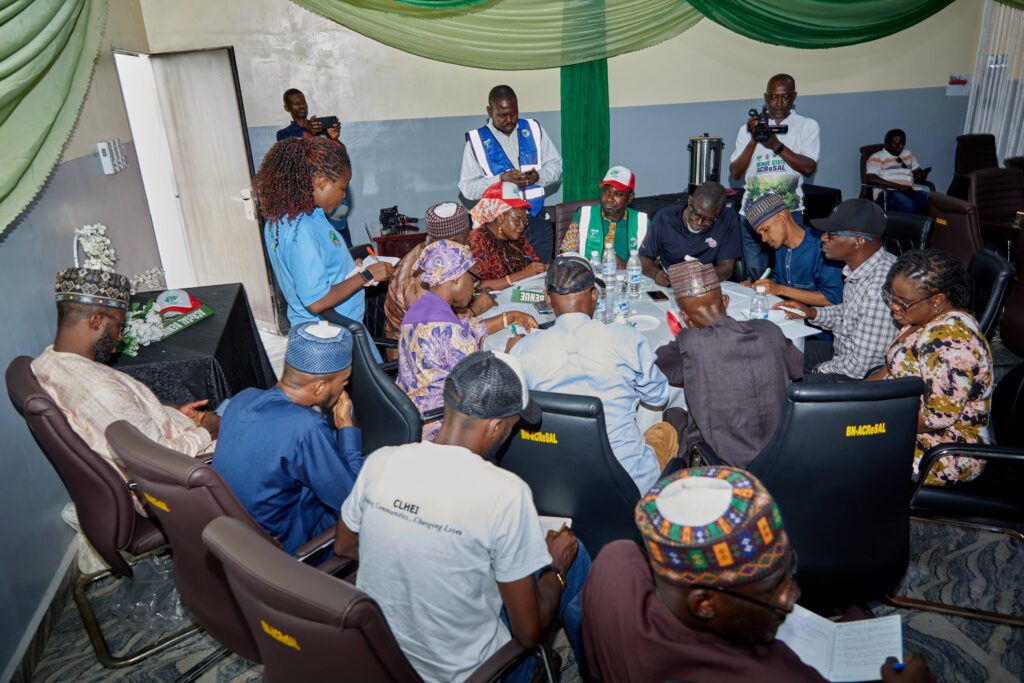
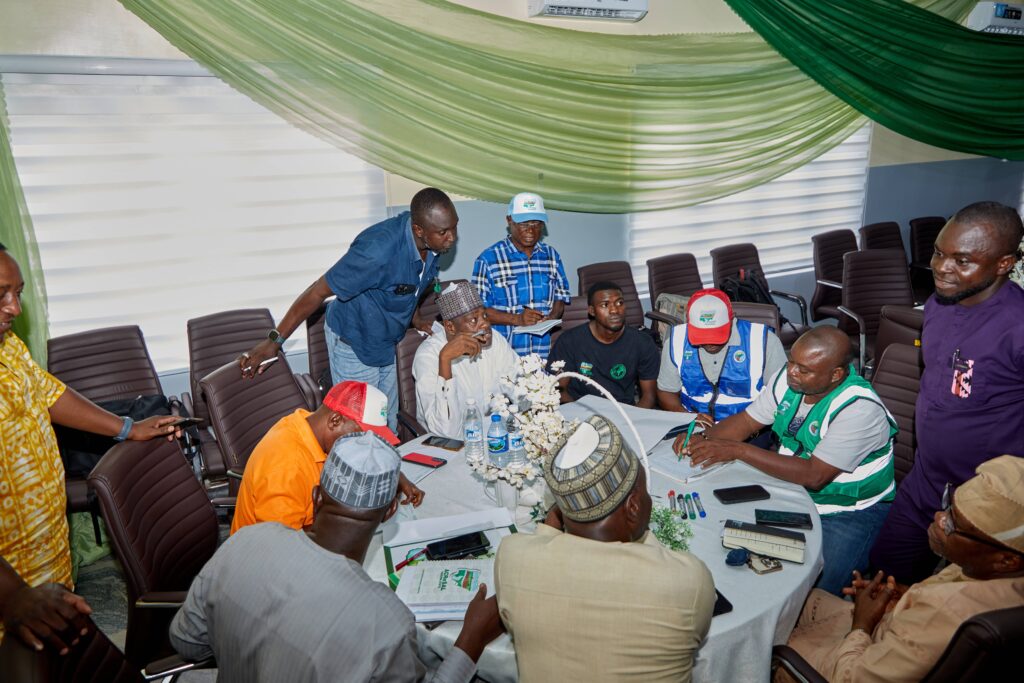
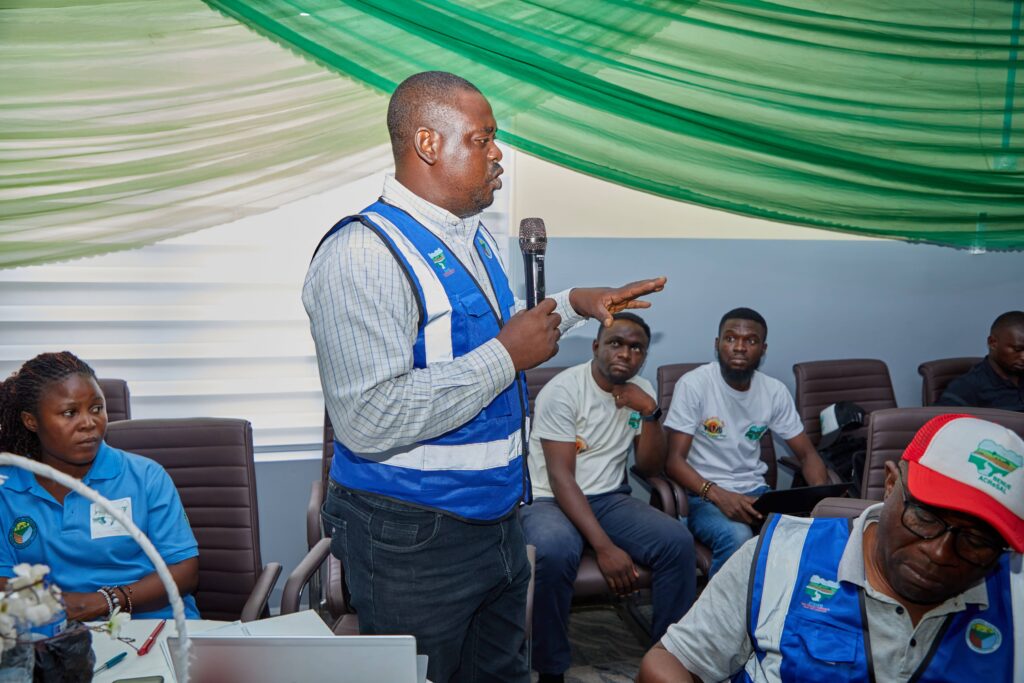
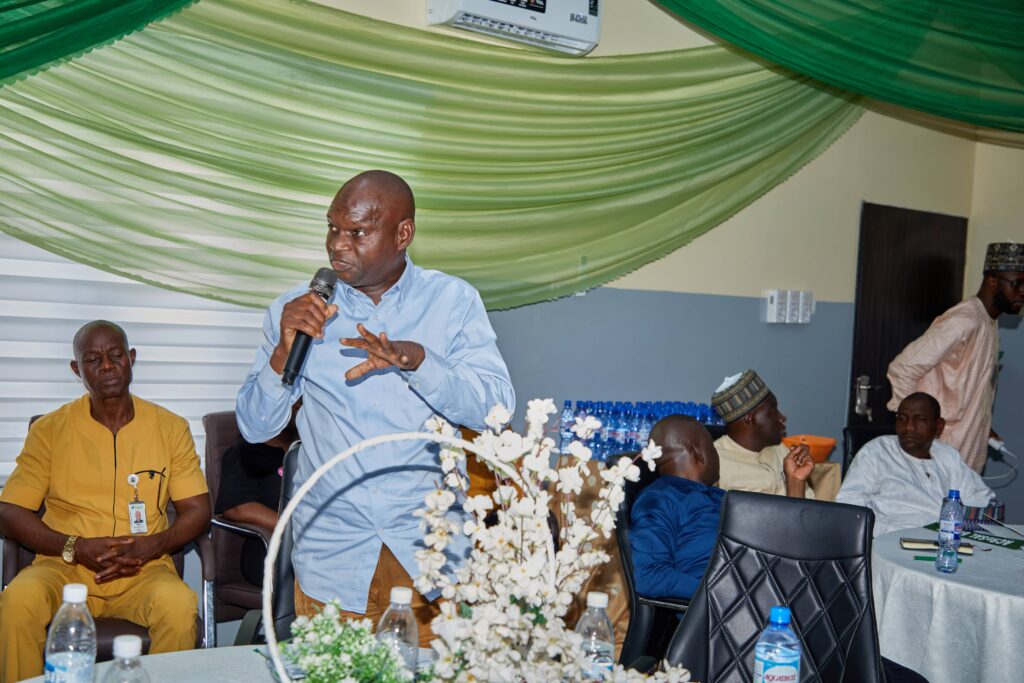
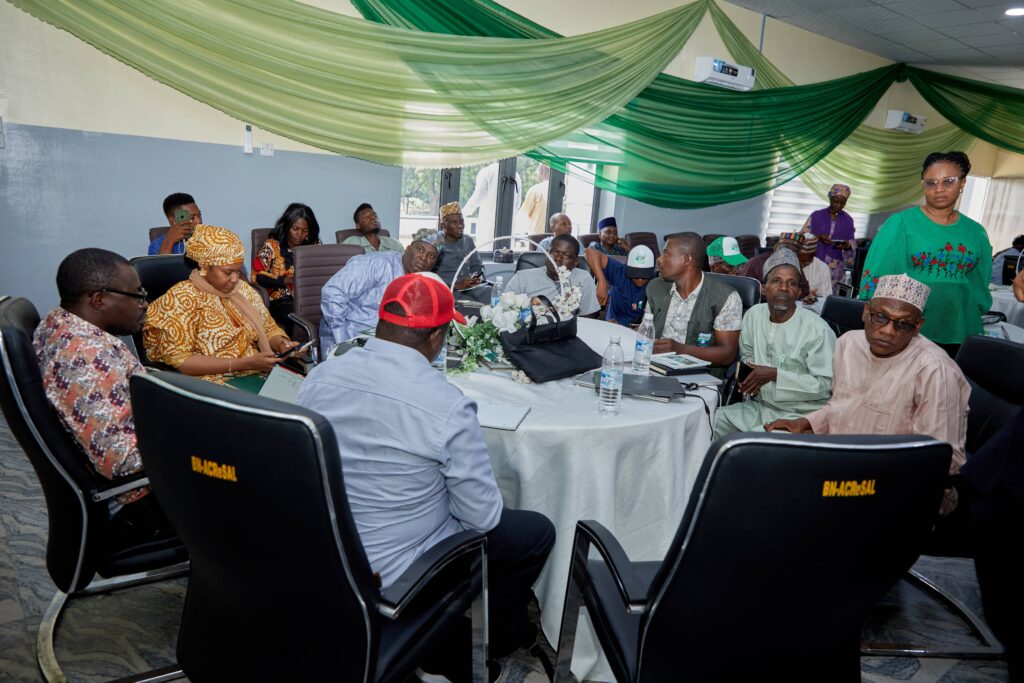
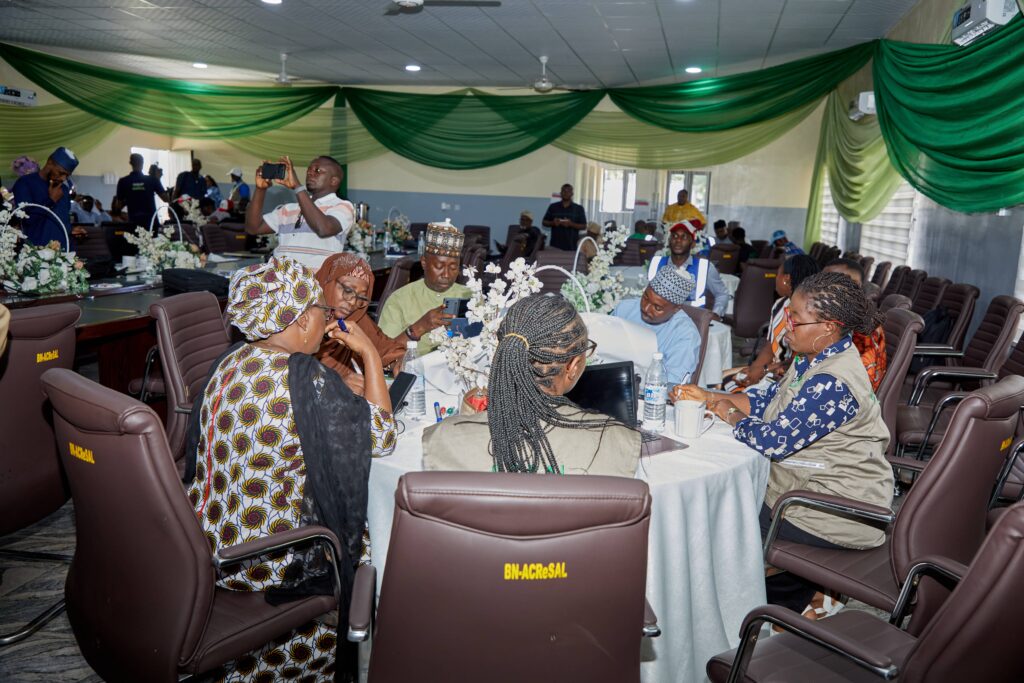
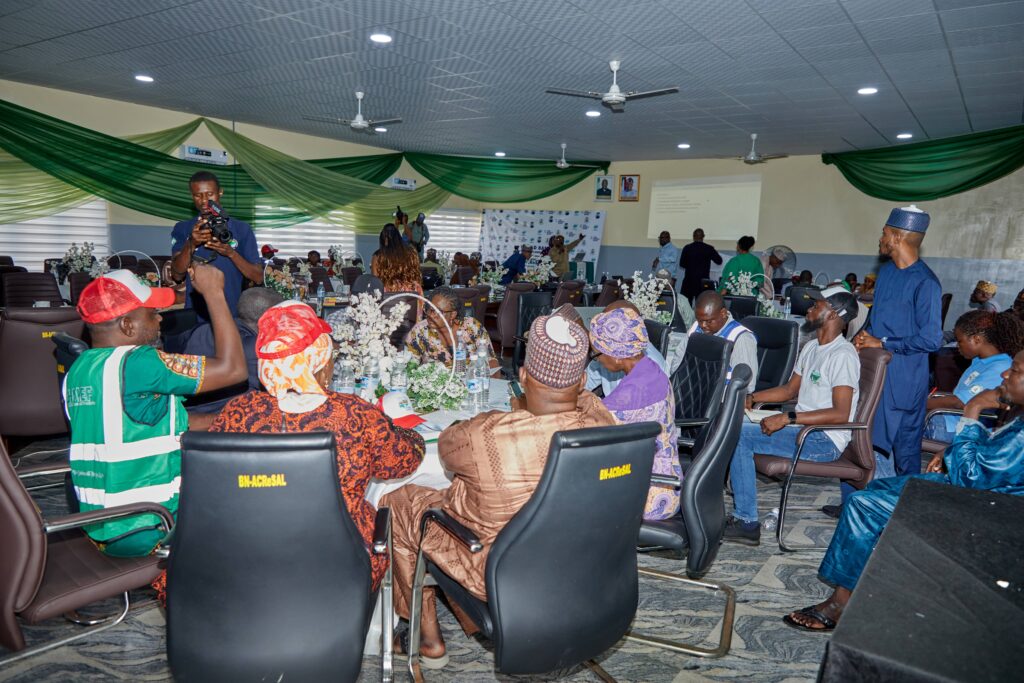
The focus group discussions provided a platform for participants to share their experiences, challenges, and best practices in land restoration. This collaborative approach fostered a sense of ownership and collective responsibility for achieving the project’s goals. The interactive activities included practical exercises and simulations that allowed participants to apply the knowledge and skills they had acquired during the presentations.
These hands-on activities reinforced their understanding of key concepts and will enhance their ability to implement sustainable land management practices in their respective communities. The Hybrid Implementation Support Mission represents a significant step forward in the ACReSAL project’s efforts to combat land degradation and build resilience in Northern Nigeria.
By providing technical support and fostering knowledge sharing, FAO is empowering ACReSAL staff to effectively implement sustainable land management practices and achieve the project’s ambitious goals. The success of ACReSAL will not only contribute to the restoration of degraded landscapes in northern Nigeria but also enhance food security, improve livelihoods, and build resilience to climate change for vulnerable communities.
